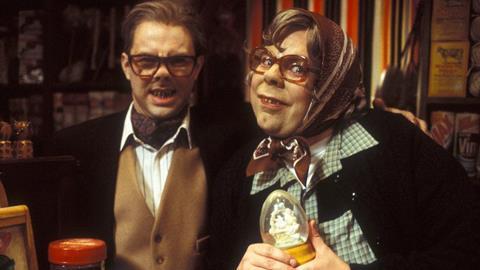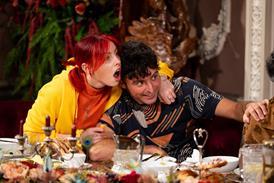BBC must move quickly to capitalise on genuine SVoD opportunity

For many years, the ‘S’ word has caused senior BBC executives to break out in a sweat. The idea of the corporation doing anything that involved subscription was seen as the thin end of a wedge that could threaten the principle of a universal licence fee.
So troubling was the prospect of undermining the BBC’s unique funding model that it would not countenance it. That is no longer the case.
Director general Tony Hall’s revelation that the BBC could launch an SVoD service in Britain was caveated with the assertion that the licence fee will remain the corporation’s main source of income – but the BBC is clearly more comfortable with the principle than it has been previously.
And that means it can get into a space that is increasingly popular, particularly among younger viewers (and licence fee payers).
There has been a huge proliferation of SVoD services across the world – around 1,000 at the best guess. For the BBC not to explore getting into SVoD would feel like a dereliction of duty.
Of course, things could get very complicated, very quickly. How would linear repeats of archive shows be handled if that content is being packaged and sold on a paid-for service?
BBC2 gets good mileage out of Dad’s Army repeats and BBC4 is rerunning The League Of Gentleman ahead of the new 20th anniversary episodes this Christmas, for example.
“The failed experiment of BBC Store was an example of the BBC being late to the digital party”
Any indie-produced content would need to be bought or have the rights for inclusion on the new service negotiated at the point of commission, and there could be a potential impact on UKTV’s programming pipeline. It’s hard to charge for a series of QI if they are available on a free-to-air channel.
But these problems should not be insurmountable, and there is plenty of scope for the BBC to seize on an opportunity here.
Imagine if the original Blue Planet was available on a streaming service right now, while its successor’s opening episode is consolidating to 14 million viewers on BBC1 – there would surely be an appetite to pay to watch it.
The failed experiment of BBC Store was an example of the BBC being late to the digital party and pursuing a download-to-own strategy that already feels like something from the past.
SVoD feels like the future, although the BBC will need to be quick. The market had moved by the time it launched Store and it mustn’t let that happen again.
With clear thinking and speedy resolution, this could be a genuinely significant project for the BBC – I’m off to dream of bingeing on Ever Decreasing Circles.

Chris Curtis is the editor of Broadcast





























No comments yet